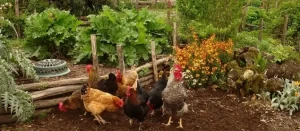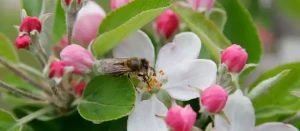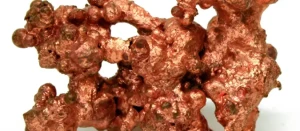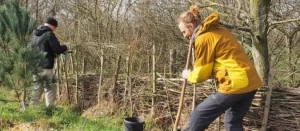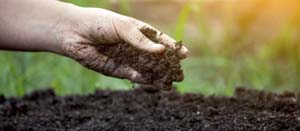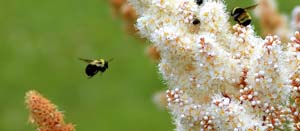SEARCH RESULTS > ARTICLES > ecosystem health
Permaculture, a term blending "permanent" and "agriculture," represents a holistic approach to food production that aims for sustainability, biodiversity, and resilience. It's a system of agricultural design that integrates human dwellings, wildlife, landscapes, and natural elements to create harmonious, self-sustaining ecosystems. In the realm of gardening and agriculture, permaculture offers profound insights and techniques that redefine how we interact with the land. Learn More
Learn why building guilds around your trees benefits your garden by fostering ecosystem health, promoting biodiversity, and enhancing soil fertility. Learn More
Electroculture gardening, an age-old practice gaining renewed attention, involves the application of electrical stimulation to enhance plant growth, health, and productivity. This innovative technique harnesses the power of electrical fields to optimize soil conditions and promote vibrant, resilient plants. Learn More
Edible forest gardens, rooted in the principles of permaculture, offer a sustainable and regenerative approach to gardening that mimics the structure and function of natural ecosystems. These gardens are designed to be not only beautiful but also productive, providing a diverse range of edible plants while enhancing ecological balance. In this article, we explore the concept of edible forest gardens and delve into the permaculture practices that make them flourish. Learn More
Permaculture gardens thrive on the principle of working with nature, and at the heart of a successful permaculture garden lies healthy soil. Building and maintaining fertile soil is essential for sustainable gardening practices that promote biodiversity, water conservation, and overall ecosystem health. Learn More
In the realm of sustainable gardening, permaculture stands out as a holistic and eco-friendly approach that harmonizes with nature rather than imposing on it. Creating a permaculture garden involves thoughtful planning, observation, and a commitment to working with the natural environment. In this step-by-step guide, we'll explore how to design a permaculture garden that not only yields bountiful harvests but also nurtures the ecosystem. Learn More
Pollinators are incredibly important in a garden for several reasons. Learn More
The microbiome in your garden soil refers to the diverse community of microorganisms that inhabit the soil. These microorganisms play a crucial role in maintaining soil health, nutrient cycling, and plant growth. The soil microbiome consists of various organisms, including bacteria, fungi, archaea, viruses, and microfauna (such as nematodes and protozoa). Here are some key points about the microbiome in garden soil. Learn More
